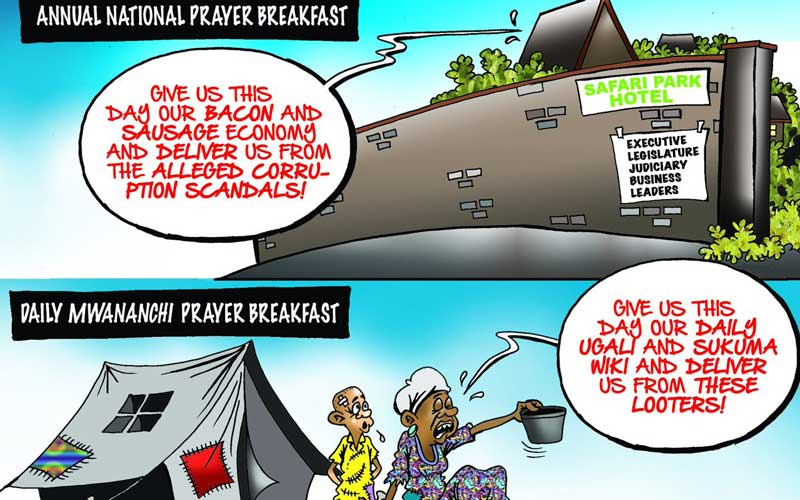×
The Standard e-Paper
Stay Informed, Even Offline

I grew up in a secular household. Appreciating the power of prayer and the difference between spirituality and organised religion came in my twenties. Moments such as the National Prayer Breakfast this week have particular significance for me therefore.